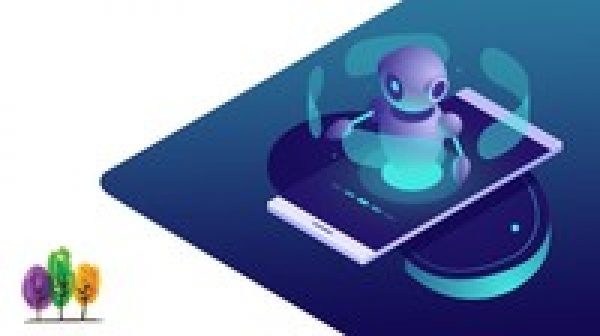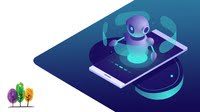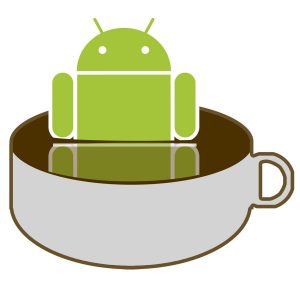
Hi there,
Welcome to Android App Development Course | Android 11 From Scratch course.
Learn android, android app development, android development, android studio from scratch and become an android developer
Due to its open–source nature, working with the Android platform necessitates constantly learning about the Android platform. My android development course on Udemy keeps you ahead of this learning curve, with hands–on lectures on Android operating systems and more.
The Android platform is increasingly popular with developers and a dominant force in the global smartphone market. As more businesses develop mobile apps for customer engagement, Android development skills are likely to stay in high demand.
Do you want to improve your career options by learning android?
Do you want to learn android app development from Scratch?
Do you want to learn android development from Scratch?
Do you want to be an android studio master?
Do you want to build your first app?
If your answer is “yes” , you are at the right place!
What is Android Development?
Android development is a software creation process that focuses on applications, better known as apps, that are compatible with devices running the Android operating system (OS). Because Android is an open–source project, developers have easy access to the Android software development kit (SDK). Many use this kit in conjunction with Kotlin, Java, and C++ programming languages to make their apps. The Android SDK tools compile your code along with any data and resource files into an APK, or Android package, which is an archive file that uses an .apk suffix. One APK file contains all Android app contents used by devices to install your app. When the app is complete and ready for release, Android developers can upload their apps to the Google Play Store for users to download.
What are some of the important tools for Android Development?
The tools you will use for Android development depend on how you would like to focus your career as an Android developer. If you plan on focusing on native Android app development, you should know one or more of three programming languages: Java, Kotlin, and C++. Java and Kotlin are popular with a number of organizations that build their app natively. C++ is the popular choice amongst developers who build high–performance games or plan on doing entry–level SDK work. Some employers seek out Android developers that can create multiple platforms at the same time using programming frameworks like Flutter or React Native. If you are working with Flutter, you will also need to know Dart. If you are working with React Native, you will most likely also need JavaScript programming knowledge.
Is Android Development a good career?
With over 2.5 billion active Android users globally, Android development is a valuable skill that can help you enhance your career. Android development skills are in–demand around the world with various organizations across a broad range of industries. When these organizations build Android apps natively, the top three programming languages are typically Java, Kotlin, and C++. You can also look for a job in Android development that uses cross–platform solutions like Flutter or React Native. Whether you’re inspired to add a new language to your repertoire or prepare for an interview, you can find a ton of online resources on sites like OAK Academy to keep your Android skills well–rounded.
Instructor Details
Courses : 19
Specification: Android App Development Course | Android 11 From Scratch
|
1 review for Android App Development Course | Android 11 From Scratch
Add a review Cancel reply
This site uses Akismet to reduce spam. Learn how your comment data is processed.

| Price | $14.99 |
|---|---|
| Provider | |
| Duration | 12 hours |
| Year | 2022 |
| Level | All |
| Language | English |
| Certificate | Yes |
| Quizzes | Yes |

$84.99 $14.99






Marcus Huston –
This course was an good beginners course. The Java section was missing. More detail could had been done on the recycler view section. The adapter class could used more detail explaining. A section is needed to explain the different coding for some components for level 26 and below.